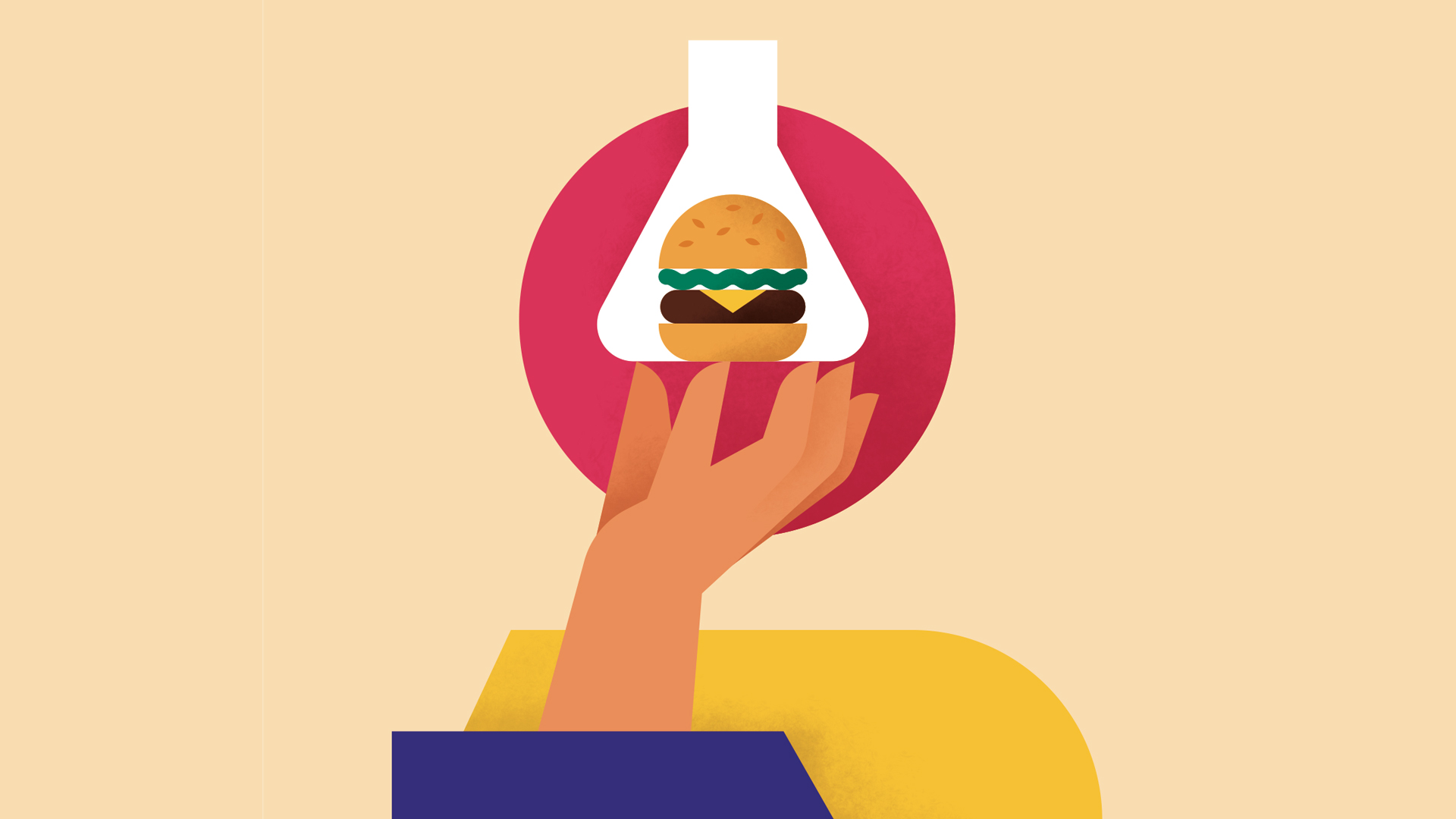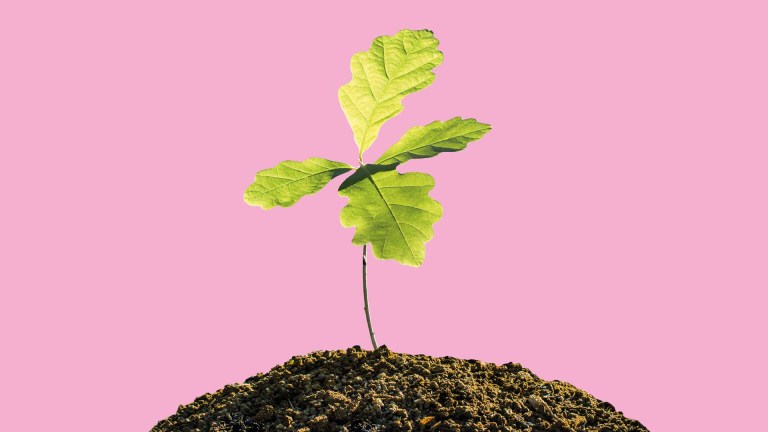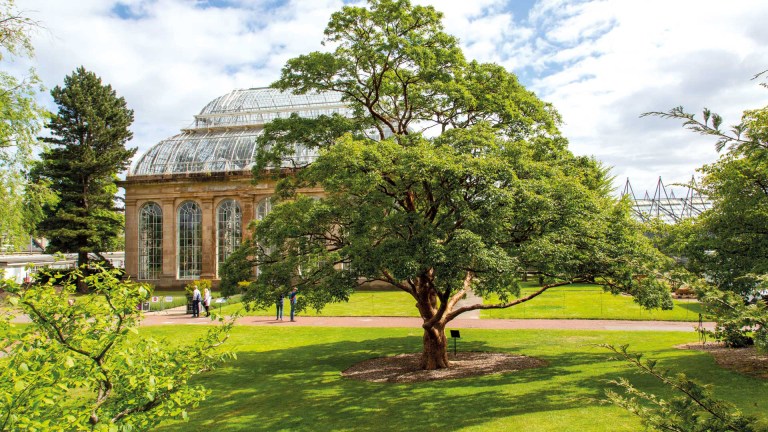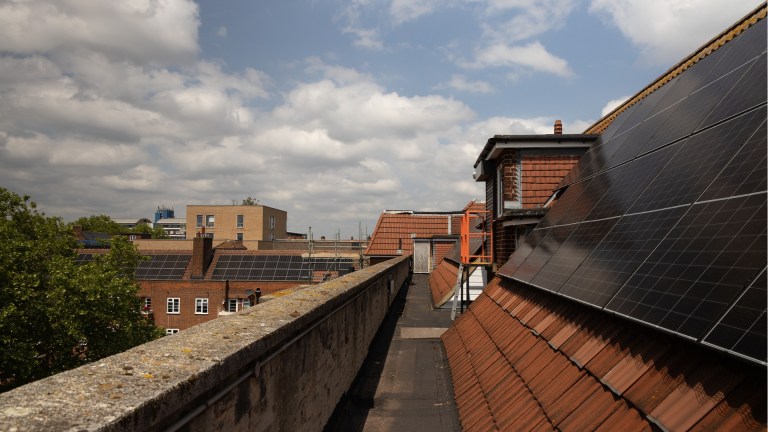On Christmas Eve 1968, William Anders took what has been described as “the most influential environmental photograph ever taken”. Anders was aboard Apollo 8, the first manned spacecraft to leave the Earth’s orbit. He and his crewmen had spent several days studying the lunar surface, taking photographs from their capsule, their attention trained upon the naked expanse below. But then it occurred to Anders to look up. “This gorgeous, colourful, beautiful planet of ours [was] coming up over the ugly lunar horizon.” Anders turned his camera towards the rising planet Earth.
Anders’ Earthrise provided the first photograph of our planet from space. The image was instantly iconic and the defining image of the first Earth Day, held in 1970.
Half a century later it is sobering to look back at that image, for in the intervening years our world has been transformed. The composition of the biosphere has been altered by human activity such that our planet now looks visibly different when seen from space. The deep green of rainforest has given way to the grey of urban sprawl and the yellow of agricultural monocrop. The Great Barrier Reef has markedly shrunk. Blooms of phytoplankton have flushed the ocean an unusual shade of blue, while the Arctic has grown greener, the result of enormous ice-melt and global heating.
These planetary alterations have been driven in large part by agriculture – and especially by animal farming. The way that we eat has transformed every facet of the living world. Around 77 per cent of all agricultural land today is used for livestock or the crops that feed them. Since the inaugural Earth Day the global farm animal population has tripled while wild animal populations have declined by two thirds, and these trends are squarely related. Humans and our livestock now make up 96 per cent of the biomass of all mammals on the planet. Wild animals make up a mere four per cent.
Cattle ranching and the production of soy for animal feed are the number one drivers of tropical deforestation, while human carnivory – our appetite for meat – is a leading cause of habitat loss and species extinctions.
Scientists have called for action in response to this extraordinary shift in the balance of life. Yes, they say, we need to stop burning fossil fuels and embrace clean energy technologies. But if we are to avoid further ecological destruction we also need to change the way we eat. These changes have been translated into a ‘planetary health diet’, designed to feed everyone while protecting nature. The proposed diet represents what most people will need to consume if we are to collectively resolve the ecological crisis while nourishing a growing population.










